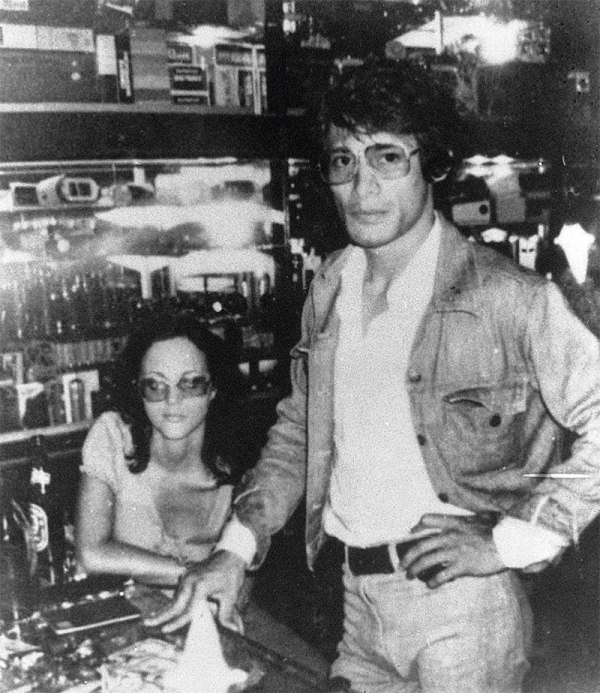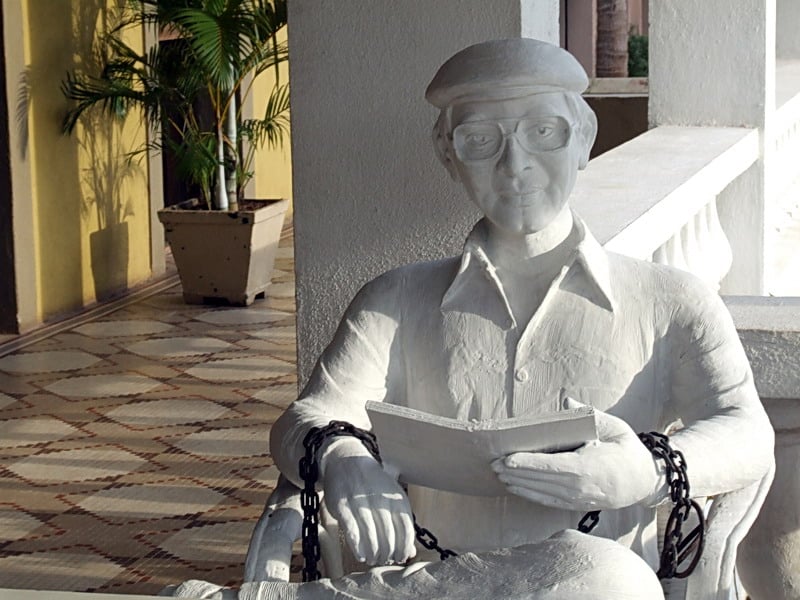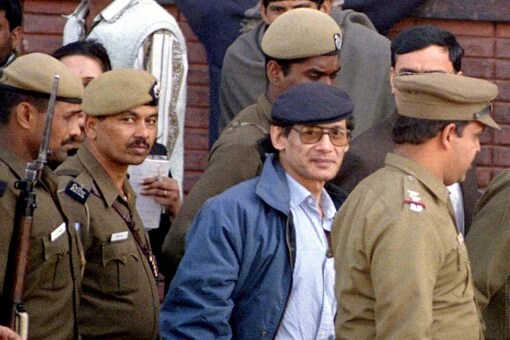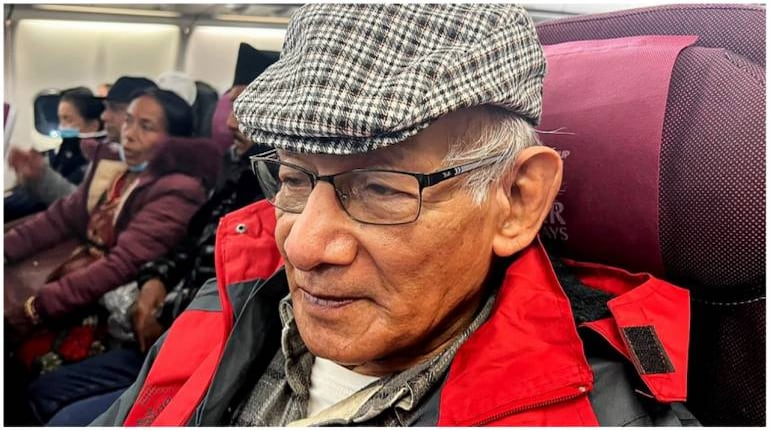Charles Sobhraj – Bikini Killer and Serpent – the whole story

Charles Sobhraj, the serial killer responsible for industrial scale murders across Asia in the 1970s and 1980s, is out of prison and on his way to France with a book deal under his belt and documentaries already in production.
Known as the “Bikini Killer” in Thailand, and “The Serpent” elsewhere, thanks to the Netflix mini-series, Sobhraj, now 78 years old, is an archetypal con artist, seducer, theif and a killer.
Suspected of killing more than 20 Western backpackers on the “hippie trail” through Asia, the reality is that Sobhraj has only the vaguest idea of how many people he slaughtered, such was his tireless devotion to killing at his peak.
Sobhraj’s murders were not widely reported at the time. All people know about him comes from the Netflix series. Memories of reports of his killings are generally false. Very few people remain in Pattaya from the 1970s, when it was a very different world.
Young people were free to go wherever they wished without having to post images of every grain of rice they ate on Instagram or live-stream each tedious encounter with a tuk-tuk driver. It could be months before his victims were reported missing and, to this day, there are sure to be many unknown victims.
Here is a timeline of his life and killing spree:
1944 Sobhraj is born in Saigon, now Ho-Chi-Minh City, on April 6, 1944, to a Vietnamese mother and Indian father. His mother later remarried to a French national.
1963 Sobhraj is jailed in for burglary in Paris, the first of many minor convictions before he departs France to explore pastures new – Greece, Turkey, Iran, Pakistan and Afghanistan – as an international lawbreaker.
1970 He moves to India, where he is arrested after a year later for a jewellery robbery. Sobhraj makes his first documented escape from justice, fleeing to Greece while on bail, where he was arrested – but managed to escape again.
1975 Now accompanied by a Canadian girlfriend and an Indian sidekick, Sobhraj arrives in Bangkok. He spends his time hustling tourists, passing himself off as a dealer in precious stones. In October, the body of a young woman is found on a beach in Pattaya. Other victims soon followed.

1976 Arrested in India while trying to drug a group of more than 20 French tourists in a New Delhi hotel. He is accused of poisoning another French tourist, Luc Salomon, in a hotel in Mumbai.
1980 Thailand demands extradition
1982 While serving time in an Indian prison, Sobhraj is given another life term, this time for the 1976 murder of Israeli tourist Alan Jacob, but is acquitted on appeal a year later. Sobhraj, enters the jail with precious gems concealed in his body. Experienced in bribing captors, he leads a life of luxury in prison, with a TV and gourmet food, having befriended both guards and prisoners. He gives interviews to Western authors and journalists.
1985 India agrees to Thailand’s request to extradite Sobhraj for the murders of a Turkish tourist and an American woman.
1986 With his sentence in India due to end before Thailand’s 20-year statute of limitations expires, and knowing that he risks the death penalty in Thailand, Sobhraj escapes from his New Delhi jail in March. To celebrate his tenth year in prison, Sobhraj throws a party for his guards and fellow inmates, drugs them with sleeping pills and walks out of the prison.
He is recaptured a few days later at a restaurant in Goa. Posing as a tourist ,Mumbai Police inspector Madhukar Zende sidles up to him with the greeting “Hello Charles!” Zende had arrested the “Bikini Killer” before in 1971.

Accused of at least 15 murders across 10 countries, delays in the Indian legal system meant that the prison-break case did not come to trial for several years and his sentence was extended by ten years, just as he had hoped.
1995 Statute of limitations on Thai offences expires.
1997 Sobhraj is released with most warrants, evidence and even witnesses against him long lost. Without any country to extradite him to, India let him return to France, where he retires to a comfortable life in suburban Paris. He charges large sums for interviews and photographs. The rights to a film based on his life sell for over US$15 million.

2003 Sobhraj returns to Nepal, one of the few countries where he could still be arrested, and where he was still sought by authorities. His return is thought to have been the result of his yearning for attention and overconfidence in his own intellect.
2004 Sobhraj is sentenced to life imprisonment by Kathmandu district court for the 1975 murder of Connie Jo Bronzich.
2008 He announces his engagement to Nepali Nihita Biswas, claiming to have married his fiancée on 9 October in prison. Nepalese authorities dismissed the claim of marriage.
2014 Sobhraj is convicted of the 1975 murder of Canadian Laurent Carrière, and sentenced to 20 years in prison. I
2018 Sobhraj has open-heart surgery.

Yesterday, he was deported to France. The Bikini Killer or Serpent will not be able to return to Nepal for at least 10 years.
Latest Thailand News
Follow The Thaiger on Google News:


























